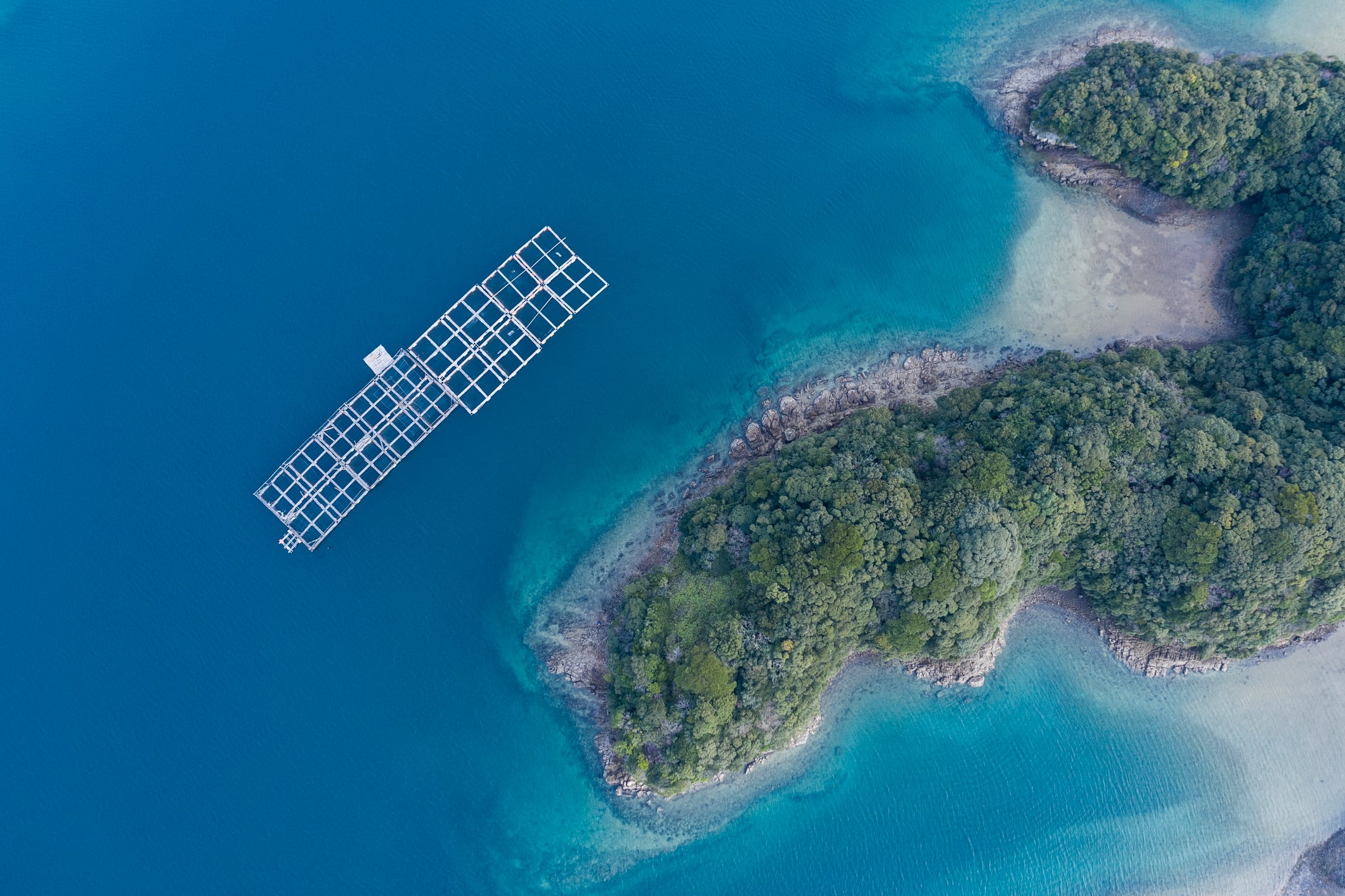In May, the Ministry of Agriculture, Forestry and Fisheries (MAFF) announced MIDORI INFINITY, a package to help Japanese companies take their greenhouse gas (GHG) reduction technologies overseas.
The initiative is also known as the Overseas Deployment Package of GHG Emission Reduction Technologies in the Agriculture, Forestry, and Fisheries Sector.
It was established by the government to help Japanese agrifood tech companies expand abroad to meet the growing demand for such products and services.
This includes technology that curb methane emissions from rice paddies and livestock, boosting carbon storage in agricultural soils, and curbing CO₂ emissions from deforestation and forest degradation.
“In response to the growing interest in the overseas expansion of private companies in the agriculture and food sector that have GHG emission reduction technologies, we have been considering measures to support the overseas expansion of GHG emission reduction technologies that contribute to food security and compilation of available support measures,” said MAFF.
The focus of the initiative are technologies that not only reduce emissions, but also help improve food security, not just for Japan but globally as well.
“Furthermore, by utilising Japan’s GHG emission reduction technologies, we aim to contribute to global food security—and by extension, Japan’s own food security—while also enhancing the earning potential of rural areas and promoting regional revitalization through investment in technologies originating from Japan’s agricultural, mountainous, and fishing villages."
Now recruiting
To put this plan into action, MAFF has collaborated with the relevant ministries and agencies to establish the Midori Decarbonisation Overseas Expansion Consortium, it said on June 10.
The consortium is now recruiting like-minded companies and organisations that are interested in using this platform to promote their technologies abroad and strengthen their Japan’s position as a leader green farming technology.
This goal is to launch decarbonisation projects, which can count towards Japan’s overarching climate goals through the Joint Crediting Mechanism (JCM).
“Going forward, we plan to hold seminars and panel discussions to facilitate matchmaking between Japanese companies and partners both domestically and internationally, as well as to share information and disseminate outcomes related to the formation and implementation of decarbonisation projects,” said the MAFF.
MAFF hopes the initiative will encourage more decarbonisation investments and grow the industry.
MIDORI INFINITY was launched in preparation of COP30, a major climate conference taking place in November.
“Through platforms such as COP30, we will promote this package both domestically and internationally, while also advancing the formation of concrete decarbonization projects through initiatives like the Midori Decarbonisation Overseas Deployment Consortium. These efforts aim to attract decarbonisation investments into the agriculture and food sectors and expand the market for Japanese agricultural and food companies engaged in climate-related businesses.





